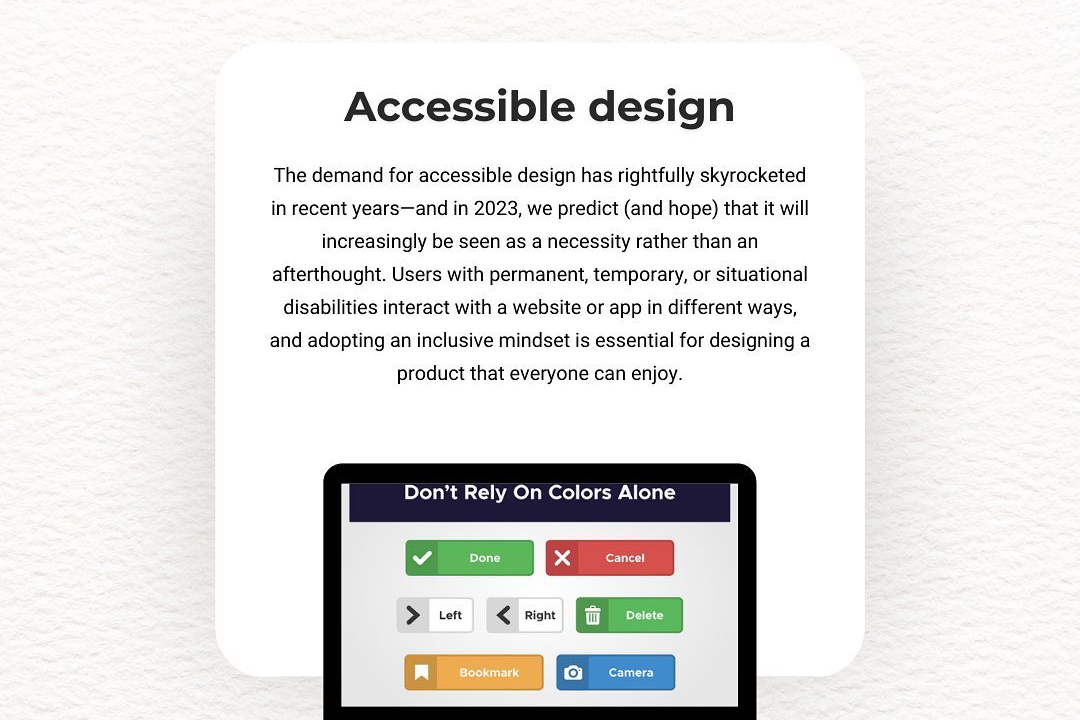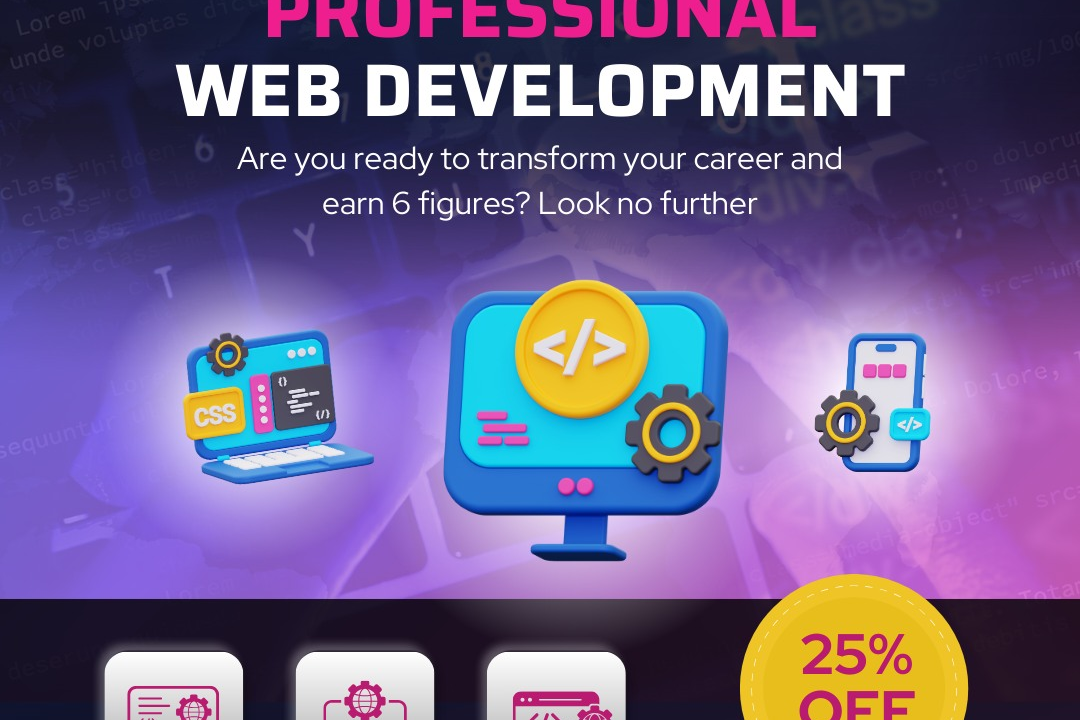Software Manual Testing Interview Questions And Answers
Software manual testing interview questions and answers focus on assessing a candidate's knowledge a
Software Manual Testing Interview Questions And Answers
Software manual testing interview questions and answers are essential for evaluating a candidate's understanding of the software testing process and their ability to ensure product quality. These questions help determine a candidate’s proficiency in creating test cases, executing tests, identifying defects, and working within different testing methodologies. By exploring various scenarios and problem-solving approaches, interviewers can assess a candidate's critical thinking, attention to detail, and communication skills. This preparation not only equips candidates with the knowledge to articulate their experience effectively but also positions them to contribute significantly to an organization’s quality assurance efforts, ultimately leading to more reliable and user-friendly software products.
To Download Our Brochure: https://www.justacademy.co/download-brochure-for-free
Message us for more information: +91 9987184296
Software manual testing interview questions and answers are essential for evaluating a candidate's understanding of the software testing process and their ability to ensure product quality. These questions help determine a candidate’s proficiency in creating test cases, executing tests, identifying defects, and working within different testing methodologies. By exploring various scenarios and problem solving approaches, interviewers can assess a candidate's critical thinking, attention to detail, and communication skills. This preparation not only equips candidates with the knowledge to articulate their experience effectively but also positions them to contribute significantly to an organization’s quality assurance efforts, ultimately leading to more reliable and user friendly software products.
Course Overview
The “Software Manual Testing Interview Questions and Answers” course offered by JustAcademy is designed to equip aspiring quality assurance professionals with the knowledge and skills needed to excel in software testing interviews. This comprehensive course covers a range of essential topics, including testing fundamentals, test case design, defect lifecycle management, and various testing methodologies, such as black-box and white-box testing. Participants will engage in practical exercises and mock interviews, allowing them to familiarize themselves with common interview questions, articulate their experiences, and develop effective strategies for answering technical queries. By the end of the course, candidates will feel confident and prepared to demonstrate their expertise in manual testing, making them more competitive in the job market.
Course Description
The “Software Manual Testing Interview Questions and Answers” course at JustAcademy is meticulously designed to prepare participants for successful careers in quality assurance. This course provides an in-depth exploration of key concepts in software manual testing, covering essential topics such as test case creation, bug reporting, and different testing methodologies. Learners will engage with a curated set of common interview questions and scenarios, allowing them to refine their responses and improve their technical communication skills. With real-time projects and hands-on practice, participants will build the confidence necessary to excel in interviews and stand out to potential employers, making this course an invaluable asset for aspiring QA professionals.
Key Features
1 - Comprehensive Tool Coverage: Provides hands-on training with a range of industry-standard testing tools, including Selenium, JIRA, LoadRunner, and TestRail.
2) Practical Exercises: Features real-world exercises and case studies to apply tools in various testing scenarios.
3) Interactive Learning: Includes interactive sessions with industry experts for personalized feedback and guidance.
4) Detailed Tutorials: Offers extensive tutorials and documentation on tool functionalities and best practices.
5) Advanced Techniques: Covers both fundamental and advanced techniques for using testing tools effectively.
6) Data Visualization: Integrates tools for visualizing test metrics and results, enhancing data interpretation and decision-making.
7) Tool Integration: Teaches how to integrate testing tools into the software development lifecycle for streamlined workflows.
8) Project-Based Learning: Focuses on project-based learning to build practical skills and create a portfolio of completed tasks.
9) Career Support: Provides resources and support for applying learned skills to real-world job scenarios, including resume building and interview preparation.
10) Up-to-Date Content: Ensures that course materials reflect the latest industry standards and tool updates.
Benefits of taking our course
Functional Tools
1 - JIRA
JIRA is a widely used issue and project tracking tool that helps teams manage software development and testing processes. In the manual testing training program, students learn how to create, track, and prioritize defects efficiently using JIRA. The platform's integration capabilities allow testers to collaborate effectively with development teams, ensuring that bugs are addressed promptly. Students will gain hands on experience in navigating JIRA's interface, creating test cases, and maintaining documentation for better project visibility.
2) TestRail
TestRail is a powerful test case management tool designed to help testers organize and manage their testing efforts. During the course, students are trained on how to create test plans, design test cases, and execute tests while documenting the results. TestRail provides insights into test execution status and coverage, which are crucial for ensuring comprehensive testing. Participants learn to leverage its reporting features to communicate testing progress effectively and make data driven decisions.
3) Bugzilla
Bugzilla is an open source bug tracking system that assists teams in managing software defects throughout the development lifecycle. In the manual testing training program, students familiarize themselves with Bugzilla's functionalities, including submitting and managing bug reports. The course emphasizes the importance of clear and detailed bug reporting to facilitate communication with developers. By using Bugzilla, students enhance their ability to track bug statuses and understand the workflow of defect resolution.
4) Postman
Postman is a versatile API testing tool that allows testers to validate RESTful APIs efficiently. In the context of manual testing, the program introduces participants to API testing concepts and the effective use of Postman for sending requests and analyzing responses. The course covers how to create tests for APIs to ensure they meet expected outcomes, making students adept at validating back end services and their integrations with the front end.
5) Selenium IDE
Selenium IDE is a browser extension that enables the recording and playback of testing actions for web applications. In this manual testing course, students learn to utilize Selenium IDE to automate repetitive tasks, allowing for more efficient testing. While the primary focus is on manual testing, the introduction to Selenium IDE equips students with foundational knowledge of automation tools. This experience paves the way for understanding the broader landscape of software testing and automation.
6) Excel
Excel is a fundamental tool for managing data and documentation in software testing. The training program incorporates the use of Excel for creating test cases, tracking defects, and compiling test results. Students learn to design structured spreadsheets that facilitate easier communication of testing metrics and outcomes. Mastery of Excel enhances participants’ organizational skills, enabling them to maintain clear and accessible documentation, which is a vital component of successful manual testing practices.
7) QTest
QTest is a comprehensive test management tool that enables teams to plan, track, and manage their testing activities effectively. In the manual testing training program, students will gain practical experience in using QTest to create test cases, organize test plans, and execute tests. The platform's collaboration features allow testers and developers to work closely, providing visibility into testing progress and results. By the end of the course, participants will be proficient in leveraging QTest’s reporting capabilities to analyze testing data and make informed decisions.
8) Appium
Appium is an open source automation tool for mobile applications. While primarily known for automation, students will get an introductory understanding of how Appium can influence manual testing processes in mobile environments. This training will emphasize the significance of testing mobile applications across various platforms and devices. Participants will learn about the basics of mobile testing strategies, including how to execute manual tests effectively alongside automated processes, enhancing their ability to develop robust mobile test plans.
9) SoapUI
SoapUI is a popular tool for testing SOAP and REST APIs. In this course, students will explore the core functionalities of SoapUI to manually test API endpoints, validate responses, and ensure that APIs are functioning as expected. The hands on training will allow participants to create functional tests, simulate requests, and analyze the behavior of different service endpoints. This knowledge is crucial for testers who need to ensure backend services are robust and error free.
10) Mind Mapping Tools
Mind mapping tools (such as XMind or MindMeister) are valuable in the planning and brainstorming phases of software testing. The manual testing training will introduce these tools to help participants conceptually map out testing strategies, identify test scenarios, and organize their thoughts visually. Using mind mapping enhances creativity and ensures thorough coverage of all critical areas, allowing testers to see the big picture and grasp complex scenarios more easily.
11 - Trello
Trello is a visual project management tool that leverages boards and cards to help teams organize tasks and workflows. In the manual testing training program, students will learn how to use Trello to manage their testing activities, create to do lists, and track progress. The tool’s simplicity and flexibility make it an excellent choice for testers to visualize the testing pipeline, ensuring that all tasks are prioritized and completed on schedule.
12) Confluence
Confluence is a collaboration software used to create, share, and manage project documentation and meeting notes. During the course, students will learn to utilize Confluence for documenting test plans, test cases, and results, as well as for maintaining wikis and knowledge bases. Effective documentation is pivotal in manual testing, and Confluence helps teams ensure transparency and consistency across testing efforts, ultimately leading to improved team communication.
13) JMeter
JMeter is primarily a performance testing tool, but it also has capabilities that can benefit manual testers, particularly in understanding how applications perform under different load conditions. In the context of manual testing training, students will explore how to create load test scenarios and interpret results from JMeter. Knowledge of performance aspects enhances the testing approach, helping testers to identify potential performance related issues even during manual testing efforts.
14) Cucumber
Cucumber is a tool that supports Behavior Driven Development (BDD), allowing teams to write test cases in plain language. The manual testing course will cover the basics of BDD and how Cucumber facilitates clear communication between stakeholders and testing teams. Participants will gain insights into creating user centric test scenarios, which can bridge the gap between manual testing practices and automated testing, promoting better collaboration and understanding of requirements.
15) Redmine
Redmine is an open source project management and issue tracking tool that assists teams in managing their projects and bug reports. In this course, students will explore how to utilize Redmine for logging defects, tracking issues, and managing project workflows. By learning to navigate Redmine, testers can ensure that they maintain an organized approach to tracking software quality and can communicate effectively with the development team regarding progress and outstanding issues.
By covering these tools and their applications, the manual testing training program provides participants with a well rounded skill set that not only enhances their testing capabilities but also prepares them for collaborative and effective participation in software development projects.
Browse our course links : https://www.justacademy.co/all-courses
To Join our FREE DEMO Session:
This information is sourced from JustAcademy
Contact Info:
Roshan Chaturvedi
Message us on Whatsapp: +91 9987184296
Email id: info@justacademy.co
Top Interview Qus Ans In Laravel












